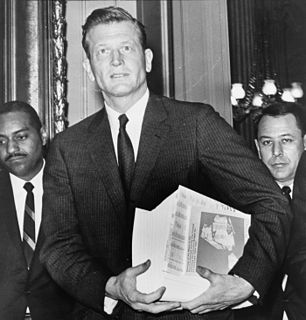A Quote by Wilson Greatbatch
There is more He-3 energy on the Moon than we have ever had in the form of fossil fuels on Earth. All we have to do is to go there and get it.
Related Quotes
The issue of climate change is one that we ignore at our own peril. There may still be disputes about exactly how much we're contributing to the warming of the earth's atmosphere and how much is naturally occurring, but what we can be scientifically certain of is that our continued use of fossil fuels is pushing us to a point of no return. And unless we free ourselves from a dependence on these fossil fuels and chart a new course on energy in this country, we are condemning future generations to global catastrophe.
Bitumen is junk energy. A joule, or unit of energy, invested in extracting and processing bitumen returns only four to six joules in the form of crude oil. In contrast, conventional oil production in North America returns about 15 joules. Because almost all of the input energy in tar sands production comes from fossil fuels, the process generates significantly more carbon dioxide than conventional oil production.
If we want energy security, then we have to reduce our appetite for fossil fuels. There's no other way. Other issues may crowd the headlines, but this is our fundamental challenge. Big challenges require bold action and leadership. To get the United States off fossil fuels in this uneasy national climate of terrorism and conflict in the Persian Gulf, we must treat the issue with the urgence and persistance it deserves. The measure of our success will be the condition on which we leave the world for the next generation.
Improved energy productivity and renewable energy are both available in abundance—and new policies and technologies are rapidly making them more economically competitive with fossil fuels. In combination, these energy options represent the most robust alternative to the current energy system, capable of providing the diverse array of energy services that a modern economy requires. Given the urgency of the climate problem, that is indeed convenient.





































